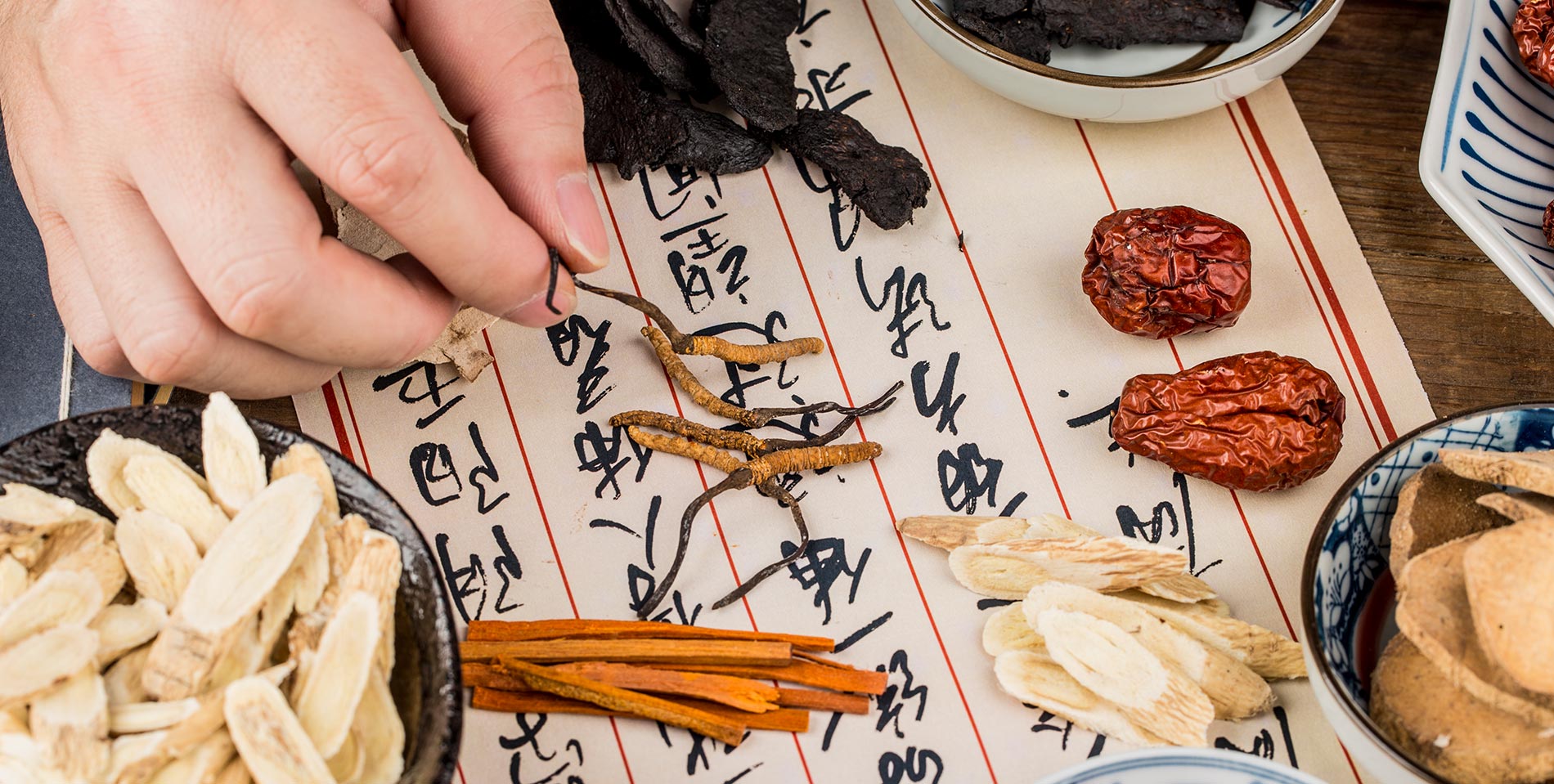Traditional Chinese medicine (TCM) is a style of traditional medicine built on a foundation of more than 2,500 years of Chinese medical practice. It includes various forms of herbal medicine, acupuncture, massage (tui na), exercise (qigong), and and diet and lifestyle advice. Traditional Chinese medicine is widely used in China where it has long been the standard system of medicine. It is also becoming increasingly popular and recognized worldwide where it is primarily approached as alternative medicine.
Traditional Chinese medicine has an established history in Australia and has expanded rapidly in recent years. Chinese medicines now account for 3.2% of the total use of complementary medicines. The Chinese medicine regulation in Australia was published in 2014 to regulate the qualifications of traditional Chinese medicine practitioners and dispensers to encourage the safe use of traditional Chinese medicines. In Australia, the most popular forms of TCM health care are acupuncture and Chinese herbal medicine.
How Does Traditional Chinese Medicine Work?
The primary feature of modern TCM is the premise that good health relies on the restoration and maintenance of harmony, balance and order to the individual. Traditional Chinese medicine takes a holistic approach to understanding normal function and disease processes and focuses as much on the prevention of illness as it does on the treatment. Health is more than just the absence of disease, and TCM recognises this with its unique capacity to harmonise and enhance our capacity for enjoyment fulfilment and happiness. Treatment is focused on the underlying condition as well as treating the presenting symptoms, and work on the basis of individualised formulae for each patient. Traditional Chinese medicine practitioners use herbal medicines, acupuncture, remedial massage, cupping, moxibustion and dietary therapy to treat or prevent health problems. In TCM, the treatment of illness is based primarily on the diagnosis and differentiation of syndromes.
Is Traditional Chinese medicine Safe?
Traditional Chinese medicine is generally considered to be safe but occasionally (as with all health treatments) may associated with possible adverse reactions in individual cases. Like conventional medicines, traditional Chinese herbal medicines may also cause side effects, trigger allergic reactions, or interact with other prescription and non-prescription medicines or herbs. Before you use any traditional Chinese therapies, make sure to tell your health professional about any prescription, non-prescription, or other natural supplements you are taking. Always tell your doctor if you are using an alternative therapy or if you are thinking about combining an alternative therapy with your conventional medical treatment. It may not be safe to forgo your conventional medical treatment and rely only on an alternative therapy.
What is qi & how does it affect the body?
Qi (pronounced chee) is “life energy” in the very broadest sense possible. In Traditional Chinese Medicine theory, qi is the vital substance constituting the human body. It also refers to the physiological functions of organs and meridians (a network of invisible channels through the body). When healthy, an abundant supply of qi flows through the body’s meridians. If the flow of qi in the meridians becomes blocked or there is an inadequate supply of qi, then the body fails to maintain harmony, balance and order, and disease or illness follows. This can result from stress, overwork, poor diet, disease pathogens, weather and environmental conditions, and other lifestyle factors and becomes evident to Traditional Chinese Medicine practitioners through observable signs of body dysfunction. TCM practitioners check carefully these signs of health and dysfunction and pay particular attention to not only the presenting condition but also the medical history, general constitution, and the pulse and tongue.
For more information regarding Traditional Chinese Medicine in Perth, please contact us at our Perth or Subiaco clinics (Perth Clinic: 9228 8828; Subiaco Clinic: 9380 4171). Alternatively, you can send us your queries through our online contact page.


